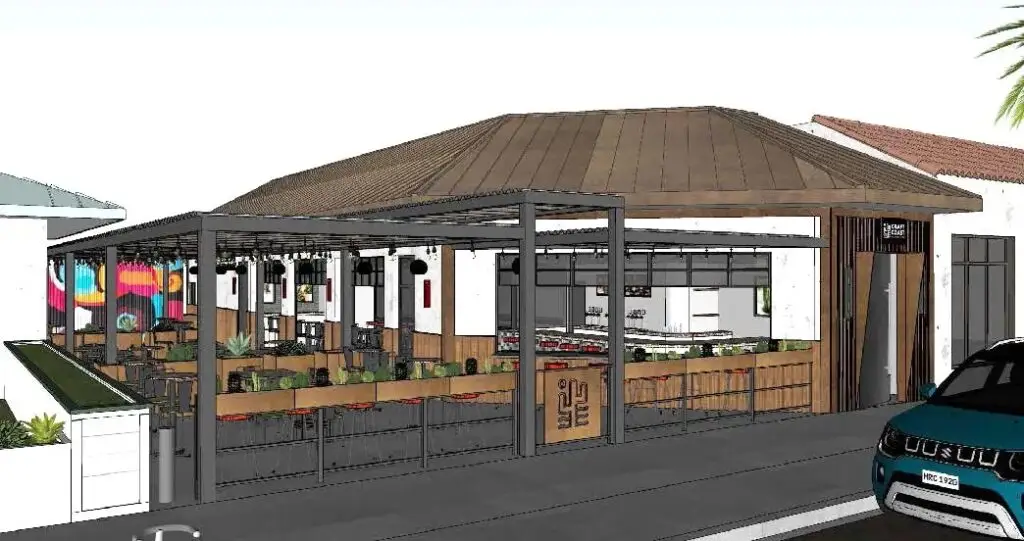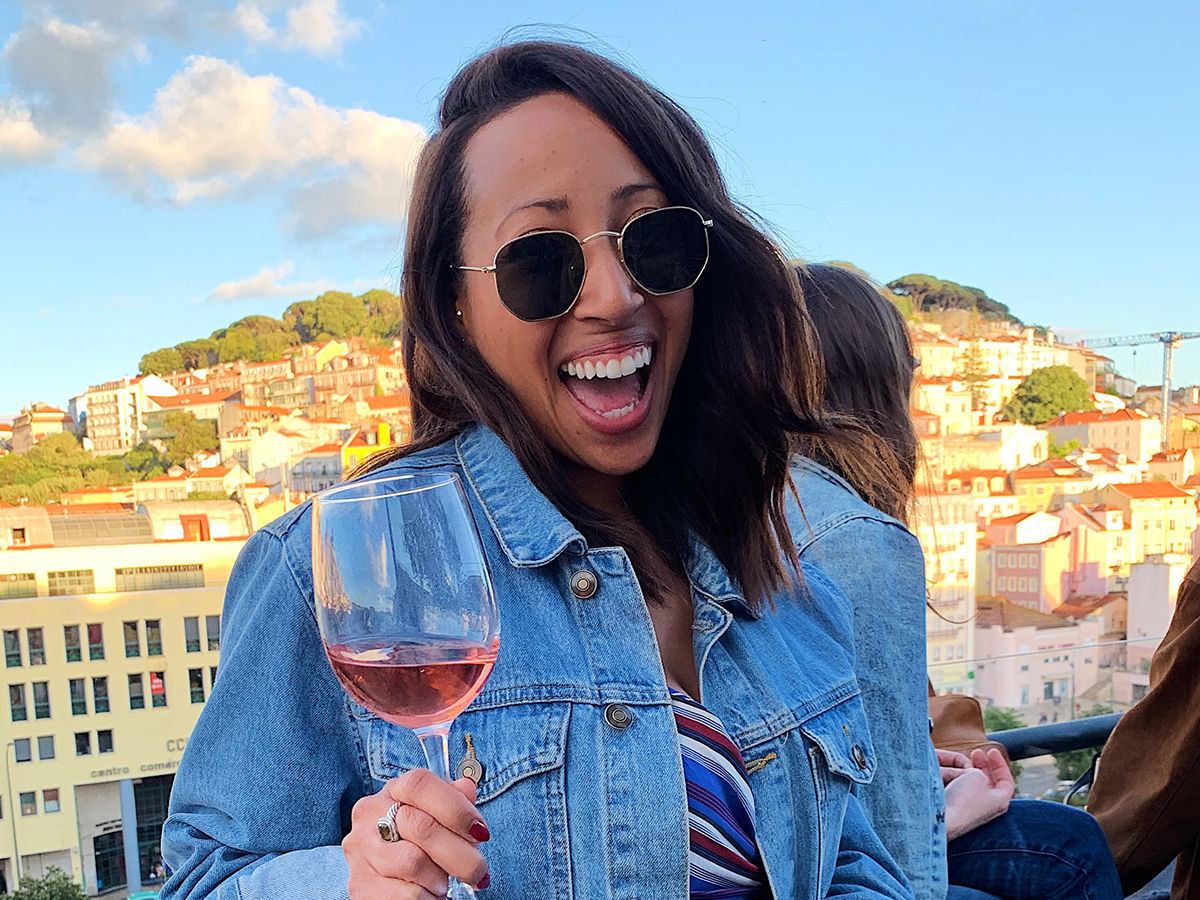
Racial Inclusivity in the Wine Industry / Nia Gordon
As a Black female wine writer, blogger, student, and (semipro) taster, I see a glaring lack of racial representation in the wine industry. Though I have always received a warm welcome from the wine community, that doesn’t mean I wasn’t the only person of color (POC) at nearly every event I’ve attended—and I must admit, it worries me.
Though wine is a universal sign of celebration and its 750 milliliter bottle design is inherently intended for sharing among friends (but I totally understand if you’re the full-bottle type), over time it has evolved to become a status symbol. Wine symbolizes luxury and wealth, and with that comes exclusivity. This exclusivity has resulted in a largely homogenous wine industry in America, with a very small percentage of wineries owned by people of color, and low representation of POC at wine-centric events.
Wine notoriously “brings people together,” but why not all people? How can we embrace wine’s celebratory spirit, despite our differences in background? How can we create a more diverse American wine industry? I think 2020 has made us all acutely aware of the problem, but as a tried and true problem solver (Where are my type-A personalities at?), I think it’s important to instead focus on solutions.
They go together like wine and cheese.
From a position of privilege and in the name of advocacy, white-owned businesses could partner with minority-owned wineries to give them exposure and help build their success. For example, restaurants and bars can expand their wine lists to include wine from Black-owned wineries, and event coordinators can serve wine from Black-owned wineries at their events. Giving minority-owned wineries opportunities to serve their product at well-attended restaurants and events will bring attention to them and ultimately boost their business, allowing these wineries to grow and thrive.
Sommeliers aren’t made overnight.
Wine education is extremely cost prohibitive, and without wine education, a lucrative career in the wine industry is less accessible. If wineries, restaurants, and bars that employ POC invest in the long-term success of those employees by sponsoring their wine education, more POC will have the opportunity to advance their wine career.
From vine to wine.
Owning land in premiere wine growing regions requires wealth. And the equipment and labor required to produce high-quality wine is also very costly. Compounding this reality, studies have shown that it is more difficult for POC, particularly Black people and Latinos, to receive small-business loans and to accumulate wealth. This is a much larger systemic issue with no quick or easy solution, but it’s important to think about the ways winery ownership can become more accessible to POC.
Wake up and smell the rosé.
And for all you wine lovers out there who are also looking to make a difference, you can visit and buy from Black-owned wineries (Wine Enthusiast and Newsweek put together great lists). Now more than ever, it’s important to support Black-owned businesses and encourage them to expand their stake in their respective industries. And keep an eye out for my upcoming profile of a very special Black female Escondido winery owner in the August/September issue of San Diego Magazine.
PARTNER CONTENT
It’s daunting to look at an entire industry and see almost no one who looks like you, and it takes courage to even attempt to break the mold. I am proud of the POC who have made a path for themselves, and I empathize with those who were too intimidated to try. If we take steps to allow existing minority-owned wineries to showcase their wine on a larger scale, improve their ability to advance their wine education, remove barriers to purchasing land and running a winery for POC, and buy from Black-owned wineries, minorities would be more largely represented in the world of wine. Inviting people of color into the wine world and creating growth and expansion of the wine industry as a whole is a win for all!





















